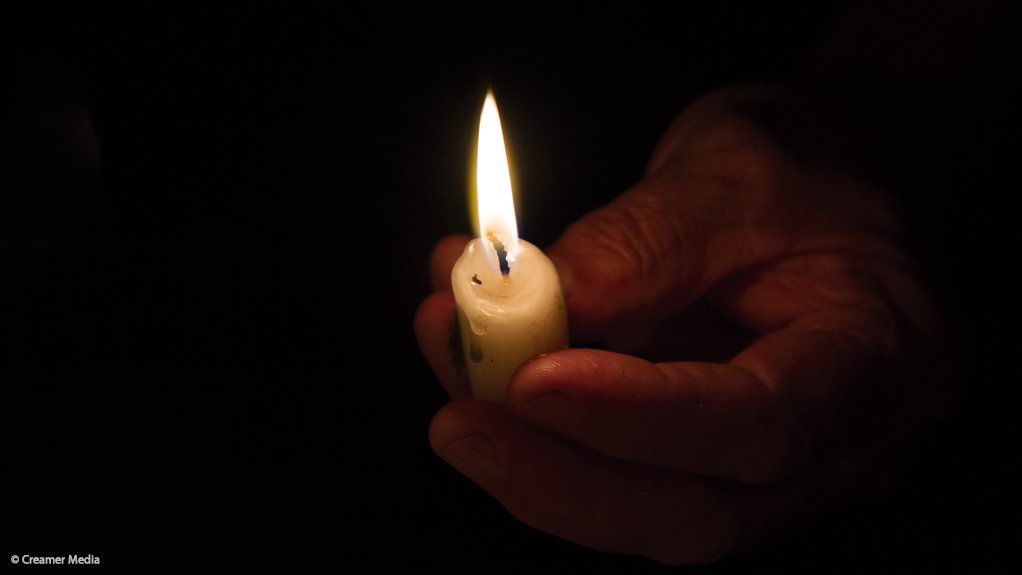/ MEDIA STATEMENT / The content on this page is not written by Polity.org.za, but is supplied by third parties. This content does not constitute news reporting by Polity.org.za.
Load shedding has become a daily nightmare for South Africa and is now putting fragile lives at risk. With the ongoing power-cuts, people have had to adjust towards living without electricity. However, CEO of Evac+Chair Gavin Glass highlights that not everyone can just ignore the fact that there is no electricity and provides an insight on the effects that load shedding has on individuals living with a disability.
“Load shedding has become a reality for South Africans and though some can survive without it, some people have now been left compromised and societies do not know how much of a comprise this has been specifically to those living with a disability and its high time communities actually realise how load shedding can be a significant problem for people living with a disability” says Gavin Glass, CEO of Evac+Chair.
How load shedding is a problem for people living with a disability for several reasons:
Interruption of Medical Devices: People with disabilities may rely on medical devices such as ventilators, oxygen concentrators, and other assistive devices that require electricity to function. When there is load shedding, these devices may stop working, which can be life-threatening for those who depend on them.
Mobility Challenges: People with disabilities may use mobility aids such as wheelchairs, scooters, or walkers. During load shedding, elevators and other accessibility features may not work, making it difficult or impossible for people with mobility impairments to move around their homes or buildings.
Communication Barriers: People with disabilities may require communication devices or services to communicate with others. Load shedding can disrupt phone and internet services, making it difficult for people with disabilities to communicate with family, friends, or emergency services.
Temperature Control: Some people with disabilities may have difficulty regulating their body temperature, and rely on air conditioning or heating to stay comfortable. During load shedding, these systems may not work, which can be dangerous for people with certain medical conditions.
Mental Health: Load shedding can be stressful and anxiety-inducing for anyone, but it can be particularly challenging for people with disabilities who may rely on a routine or predictable schedule. Disruptions to their daily routine can cause additional stress and anxiety, which can have negative impacts on their mental health.
Overall, load shedding can pose significant challenges and risks for people with disabilities, and it is important for communities to take steps to ensure that individuals with disabilities are included in emergency planning and preparedness efforts. This may include providing backup power to medical facilities, an emergency evacuation chair in the case that elevators are not working, and ensuring that emergency shelters are accessible and have the necessary accommodations for people with disabilities.
“If we work together as a community, we can ensure that our loved ones are provided and catered for” concludes Gavin Glass, CEO of Evac+Chair
About Evac+Chair
Evac+Chair is situated in South Africa as a local manufacturer and distributor of the world’s number one Stairway Evacuation Chair. The Evac+Chair is designed to assist mobility-impaired persons with disability downstairs in the case of an emergency evacuation when elevators are inoperative. With over 20 years of experience, Evac+Chair is the leading specialist in emergency evacuation, ensuring customers comply fully with health and safety regulations. Evac+Chair services range from providing specialist equipment to delivering specific training and essential maintenance. The brand is proud to promote the rights of person with disabilities, particularly when it comes to safety. It has been involved in various projects including a collaboration with Ladies on Wheels - an organization that looks into changing the narrative of people with disabilities. The #MySafetyMatters campaign with Ladies on Wheels aimed to help create awareness about the safety of people with mobility impairments in multi-story buildings.
Issued by Evac+Chair
EMAIL THIS ARTICLE SAVE THIS ARTICLE ARTICLE ENQUIRY
To subscribe email subscriptions@creamermedia.co.za or click here
To advertise email advertising@creamermedia.co.za or click here











